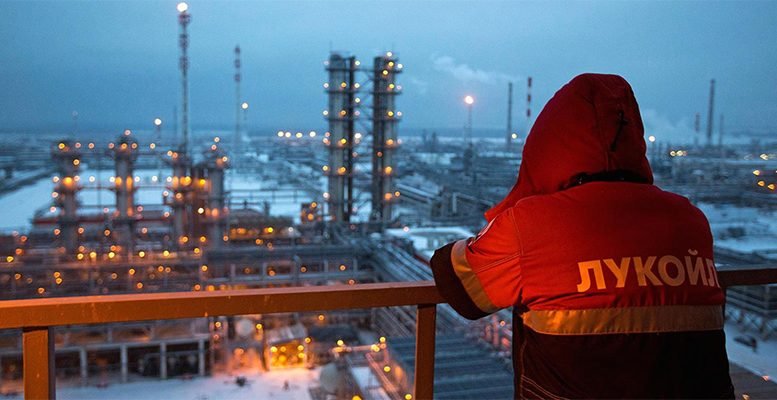
Russia has no immediate plans of lifting a partial ban on fuel exports introduced in September until part of the volumes that Russian refineries churn out “have nowhere to go”, Deputy Prime Minister Alexander Novak said.
The fuel export ban was imposed in response to soaring retail fuel prices on the domestic market. Later, in early October, Moscow softened the ban, by allowing pipeline exports of diesel but only for suppliers that sold 50% of their output on the domestic market.
Russian refineries meanwhile were in maintenance season until recently and volumes are only just beginning to recover. In the third week of October, processing rates reached the highest in seven weeks, at 5.48 million bpd per Kpler data cited by Bloomberg. By December, this could rise to 5.8 million barrels daily, Kpler also said.
The move caused fears of a shortage amid a very tight diesel supply situation in key markets such as Europe and the United States, both of which have bans on imports of Russian crude and fuels.
The European Union even had to call an emergency meeting to discuss ways to handle a potential diesel fuel shortage last week on fears of protests and strikes.
"Oil is important. Not enough diesel could lead to strikes. We don't want our trucks queuing for diesel," one unnamed EU official told Reuters.
"A possible crisis would have an immediate impact on price but it's less of a security of supply risk, though the market is very tight because of OPEC+ cuts, tightness should ease in 2024," they added.
To avoid the worst, Brussels is discussing an emergency supply buffer for both diesel and gasoil, which is used for heating purposes during the winter. The problem is that readily available production of diesel is also limited, due to the extensive shutdowns and conversions of refineries both in Europe and the U.S. over the past few years.